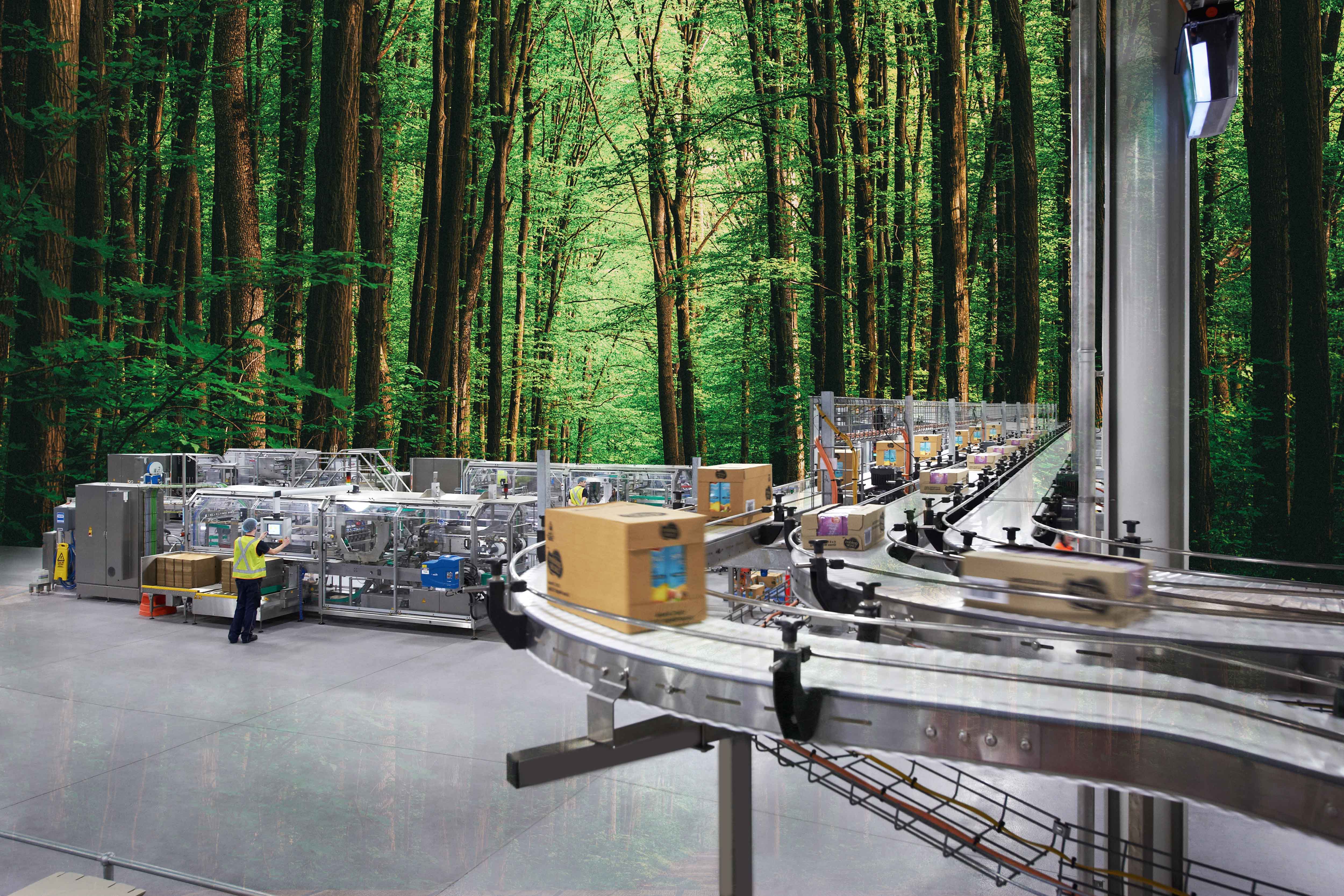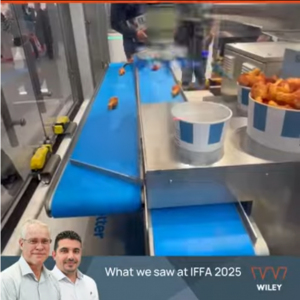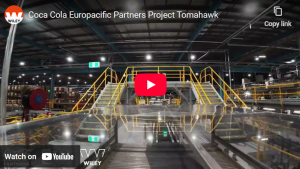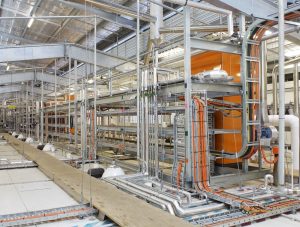What does algae have to do with solving climate change and what does it mean for Australian food producers?
When we think of technologies fighting climate change, we might imagine solar panels and electric cars. Technologies like this have taken center stage in the minds of the public. Behind the scenes, industry is making herculean efforts to adopt technologies and go green. Algae-based carbon absorption is one of these green technologies.
Algae act much like plants. Often called “half plant, half animal” they absorb carbon dioxide in order to grow. The difference is – algae grows much faster than plants and they can be sold for a much higher value than most plants. One can think of an algae-growing facility like a super-fast growing, very compact forest. For an industrial operation, this means one can effectively install a ‘whole forest’ in their backyard and use it to absorb emissions.
Of course, emissions reduction alone does not always encourage businesses to adopt a technology, there’s often also an economic motive. Fortunately, algae technologies have this covered. Depending on the type of algae grown, a business can make back its capital in as little as 18 months. This fast payback makes all the difference to businesses wanting to make their operations more environmentally friendly.
Brett Wiskar, Wiley’s Chief Future Officer shared his thoughts – “If you can reduce emissions while producing profits, it’s basically a no brainer. People want more sustainable operations they just need the technology to do it affordably. This is one of those breakthroughs.”
Pond Technologies
Wiley recently caught up with algae tech leader Pond Tech. Pond Tech’s secret is in their powerful, proprietary lights. These lights shine into a closed tank, offering a precisely-controlled growing environment, with no chance of contamination. Pond Tech’s technology controls every aspect of the algae’s growth with a machine learning platform, meaning they can not only grow 24/7, but they’re significantly more efficient than other solutions.
Pond Tech’s technology provides 20-50 times greater yield per volume, 12 times greater operational efficiency (production per person working) and up to 45 times greater capital efficiency, compared to traditional approaches. This provides a legitimate competitive advantage to any company willing to take the plunge and move their operation further into the green.
Pond Tech have an operational demonstration facility at a cement plant in Canada. They are also in the process of installing their first few operational facilities across Canada. This technology is highly innovative and, as it proves capable, exponential uptake is likely.
What does algae-based carbon absorption mean for food producers in Australia?
Red meat is an industry ripe to adopt this technology. With many operations owning gas and coal boilers, beef processors across the country could divert their raw exhausts into an algae facility – addressing a previously intractable problem. Beef processors are remote and requires a lot of energy and heat. Using this technology, a processor can use their existing infrastructure and with minimal changes, drastically reduce their environmental impacts. Research has already been undertaken for the production of high protein animal feed using algae – again killing two birds with one stone.
Confectionary is a great example of a sector which can increase profits and decrease impact with this technology. Most blue food dye in the world is artificial, and demand for natural blue food dye is expanding significantly. If a confectionary producer has an on-site source of CO2, they can use that to support algae production which can be processed into natural blue food dye. This kills two birds with one stone – it reduces environmental impact and reduces the amount of expensive dye to purchase.
Confectionary and animal feed are just the tip of the iceberg for what’s possible with algae-based technology. As companies like Pond Tech evolve their offering, and the Australian food industry becomes more empowered to act, we will see an ever-increasing variety of applications for algae-based carbon absorption.
At Wiley, we are constantly looking for ways to make the food industry more sustainable and profitable. Wiley is standing by to help you transition your business into the low carbon industry of tomorrow.



